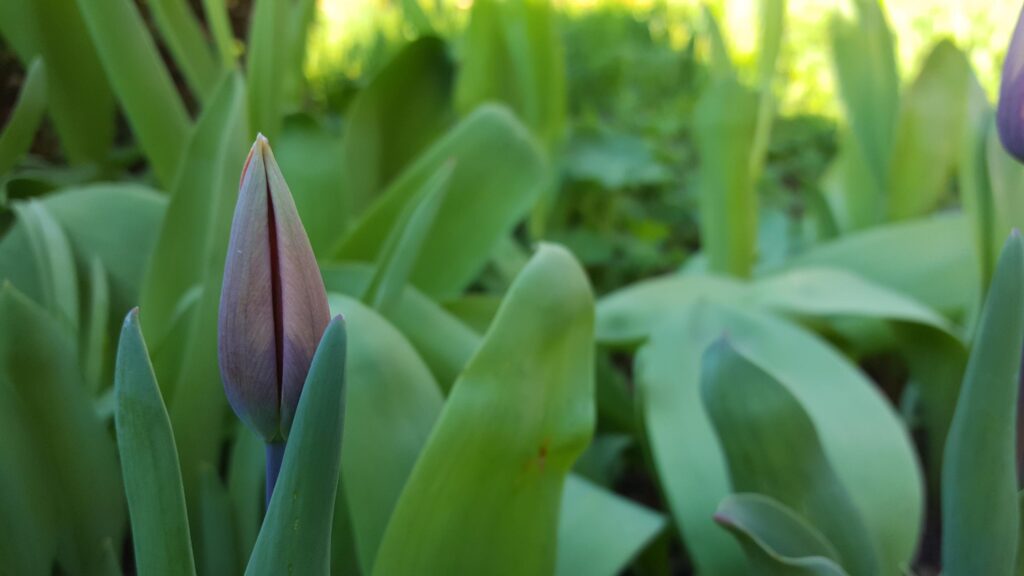According to the Merriam Webster, curiosity is a “desire to know”. They describe it in two contexts. The first one is to have an “inquisitive interest in others’ concerns” and the second one being an “interest leading to inquiry intellectual curiosity”.
An interesting detail being that priority is given to a type of curiosity which is described in a more negative way. It’s something I remember from my past, where curiosity seemed to be a bad thing.
Wikipedia helps to dive a bit further into curiosity and transforms the perception slightly through the description of its Latin origins: cūriōsitās, from cūriōsus “careful, diligent, curious”, akin to cura “care”. The ability to link “care” with curiosity transforms the approach to our desire to know. The scope of curiosity thus changes, it becomes associated with the process of learning and a contributor to acquiring knowledge and skills.
Taking it from there curiosity also denotes the behavior and emotion of being curious. This makes it the driving force behind human development, developments in science, language, and industry.
One of the motivations for curiosity is our impression of “uncertainty”. This experience is one where curiosity serves us to resolve or reduce this unpleasant feeling. Knowing becomes the reward we can receive from being curious.
Transposing curiosity into the context of relationships it transforms itself yet again. Here, curiosity becomes an opportunity to learn to step into the other person’s shoes. It’s a way to learn how the other is uniquely different from us. It is about becoming aware of their perspective, feelings, and point of view.
Curiosity is our opportunity to build quality relationships with the other.
We can learn what it is to be in the other person’s experience and what that person needs in a relationship. The inquiry necessary to reach that understanding isn’t an easy one though.
Being curious in such a manner means to let go of what we believe to know of the other.
To learn, we need to let ourselves wonder what would happen to us if we’d embrace the other’s worldview, his or her frame of reference.
It can be frightening to do so because once we acknowledge that difference it could change us. and changing the way we are in the world isn’t easy.
The desire to know requires the courage to let ourselves be transformed.
Reference: Richard G. Erskine, “Cooperation, Relationship and Change”, Keynote Speech ITAA Conference San Francisco August 2007.

